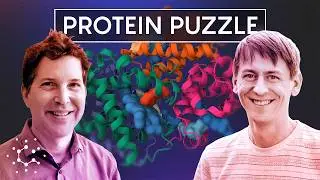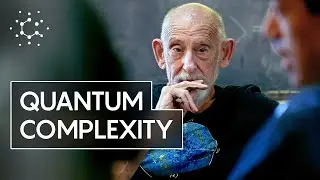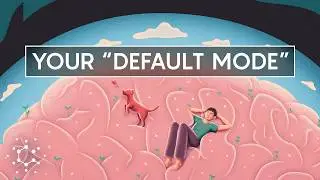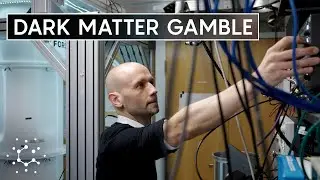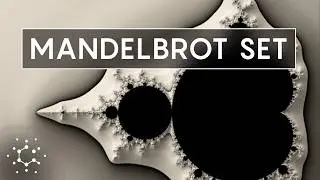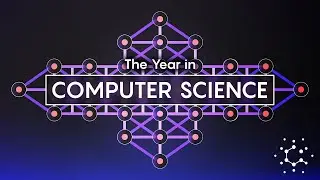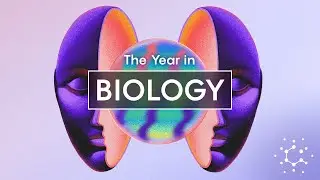Unlocking the Secrets of Our Circadian Rhythms
The trailblazing chronobiologist Carrie Partch has a deep fascination with the biochemical mechanisms that living cells use to track time. Utilizing state-of-the-art nuclear magnetic resonance (NMR) technology and crystallography, her laboratory delves into the intricate workings of pivotal clock molecules such as CLOCK, BMAL1, and the PER and CRY proteins in our cells, investigating their roles in the regulation of circadian rhythms that control the human sleep-wake cycle. Despite the challenges of an ALS diagnosis, Partch is undeterred in her quest to unravel the mysteries of how the human body synchronizes itself with the natural cycles of planet Earth.
Read the full article at Quanta Magazine: https://www.quantamagazine.org/in-our...
00:00 Biological clocks and chronobiology
01:21 The history of the study of biological clocks
02:30 Circadian rhythms govern more than just sleep-wake cycle
03:10 How modern life negatively impacts biological clock
03:50 Using Nuclear Magnetic Spectroscopy to study the proteins involved in the clock
05:30 How clock proteins regulate the 24-hour body clock
06:40 Fixing broken biological clocks
VISIT our Website: https://www.quantamagazine.org
LIKE us on Facebook: / quantanews
FOLLOW us Twitter: / quantamagazine
Quanta Magazine is an editorially independent publication supported by the Simons Foundation: https://www.simonsfoundation.org/
#biology #circadianrhythm #biologicalclock









